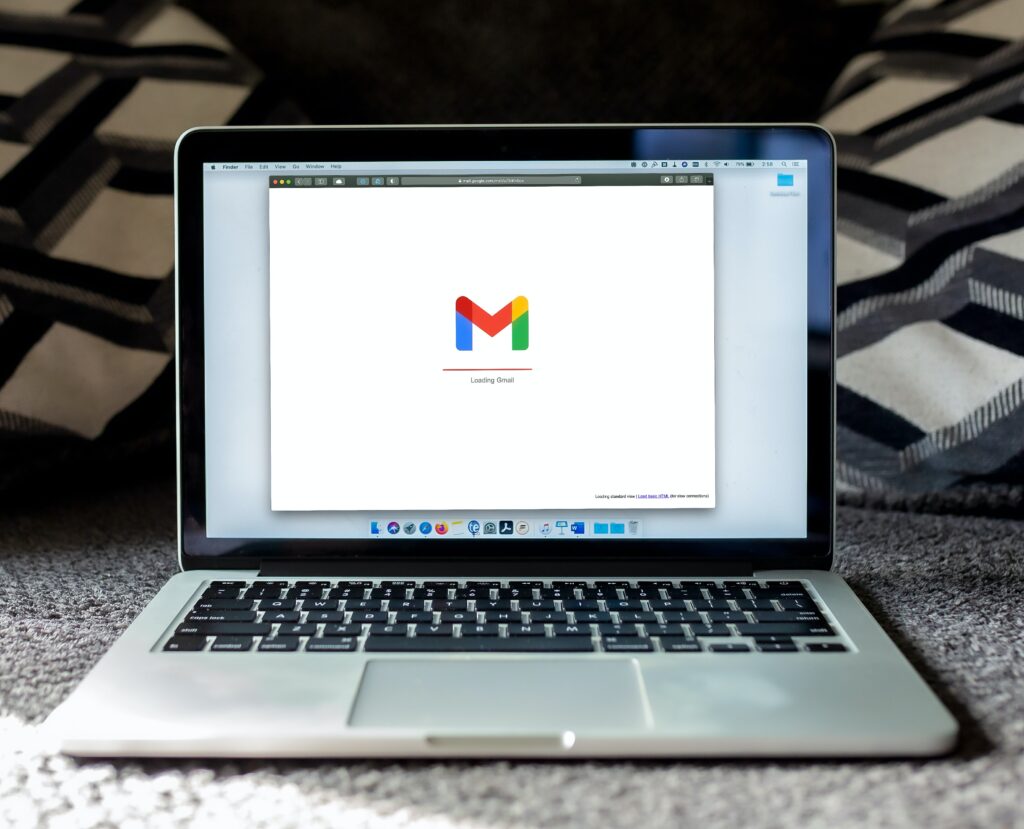Do you know what your employees are doing with their company email address? Do you have a company email policy? If not, now would be the time to create and implement one. If you do have an email policy, now would also be a great time to review it and make needed changes. This is all part of basic cybersecurity, yet, we don’t always think about it.

Email is the primary form of communication in the corporate world. Moreover, email is the #1 attack vector used by attackers trying to infiltrate your network. These attacks include broader phishing attacks as well as targeted spear phishing attacks. They install malware, turn computers into botnet zombies and even to gather information for much larger attacks.
Studies Show
Two recent studies conducted by SailPoint, an identity security company and Mimecast, a cloud cybersecurity services provider shed light on the state of email in a Covid-19 world. With the onset of Covid-19, two major things happened in business. Employees started working from home in record numbers, and email became the relied upon even more. With the sudden switch to remote work, many companies were simple unprepared in a network security sense. When most workers were in the office, their computers were behind the corporate firewall. This added a layer of security to block many attacks.
Some companies that didn’t have a remote work policy in place. They also didn’t have the ability to use a VPN to connect to the corporate network. Employees were not behind their corporate firewalls and at the mercy of whatever security features were used on their home network. This can and has hurt many companies, because no one has time for cybersecurity threats. Many of which were simply using the ISP provided equipment and network security was a distant afterthought. Many of the attacks that are stopped by the corporate firewall are now more successful on users who are working from home. As employees are returning to back to the office, they are now bringing these infected computers back to the corporate network. This bypasses the corporate firewall.
Cybersecurity Stats Backing This Up
So, who provides the biggest email threat? That award is primarily going to Generation Zs. Sailpoint finds that 59% of all employees use their corporate email for personal use. Of that percentage, 93% are Gen Zs. This study shows that 55% of Millennials and a whopping 77% use their corporate email for their social media logons, which is never a good idea. While Generation X is at 15% and Boomers are only at 7%. This provides a major security issue given the frequency of social media hacks.
Conclusion
How can you protect your company from these and other attacks? Employee education on cybersecurity. Train on how to spot an email attack as well as the creation and updating of the official email policy and making sure the employee understands it. Email security services such as Barracuda Email Security Essentials help by blocking these attacks before they even get to the user’s mailbox. These tools go above and beyond the standard protection provided by Office 365 or Google’s G-Suite, but you need to implement them.
However you decide to tackle the increasing email threats, now is the time to take the steps to provide the extra needed security in the COVID-19 employee workplace.
Contact us and read about our Managed Services to see how we can help you educate your employees and avoid issues like these.